The United States Air Force Research Laboratory (AFRL) confirmed the feasibility of the SABRE engine cycle concept for Skylon reusable spaceplane.
Images credit Skylon
Reaction Engines Ltd. announced in a press release that analysis undertaken by the United States’ Air Force Research Laboratory (‘AFRL’) has confirmed the feasibility of the Synergetic Air-Breathing Rocket Engine (‘SABRE’) engine cycle concept.
According to Reaction Engines:
The analysis was undertaken by AFRL as part of a Cooperative Research and Development Agreement (‘CRADA’) with the Air Force Research Laboratory’s Aerospace Systems Directorate (AFRL/RQ). These investigations examined the thermodynamic cycle of the SABRE concept and found no significant barrier to its theoretical viability provided the engine component and integration challenges are met.
Reaction Engines Ltd. and AFRL are now formulating plans for continued collaboration on the SABRE engine; the proposed work will include investigation of vehicle concepts based on a SABRE derived propulsion system, testing of SABRE engine components and exploration of defence applications for Reaction Engines’ heat exchanger technologies.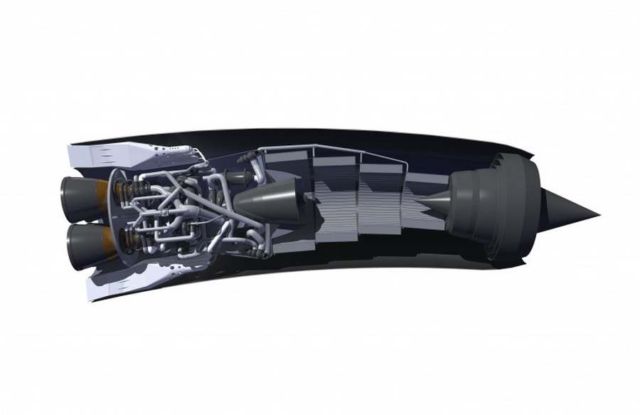
AFRL/RQ program manager Barry Hellman stated – “The activities under the CRADA have allowed AFRL to understand the SABRE engine concept, its pre-cooler heat exchanger technology, and its cycle in more detail. Our analysis has confirmed the feasibility and potential performance of the SABRE engine cycle. While development of the SABRE represents a substantial engineering challenge, the engine cycle is a very innovative approach and warrants further investigation. The question to answer next is what benefit the SABRE could bring to high speed aerospace vehicles compared to other propulsion systems. Although application of the SABRE for single stage to orbit space access remains technically very risky as a first application, the SABRE may provide some unique advantages in more manageable two stage to orbit configurations. Furthermore, the heat exchanger technology also warrants further investigation for applications across the aerospace domain.”
Sam Hutchison, Director of Corporate Development at Reaction Engines Ltd commented – “The confirmation by AFRL of the feasibility of the SABRE engine cycle has further validated our team’s own assessment and conviction that the SABRE engine represents a potential breakthrough in propulsion that could lead to game changing space access and high speed flight capability. We look forward to continued collaboration with AFRL”.
SABRE is an innovative class of aerospace propulsion that has the potential to provide efficient air- breathing thrust from standstill on the runway to speeds above Mach 5 (4,500mph) in the atmosphere – twice as fast as jet engines. The SABRE engine can then transition to a rocket mode of operation for flight at higher Mach numbers and space flight. Through its ability to ‘breathe’ air from the atmosphere, SABRE offers a significant reduction in propellant consumption compared to conventional rocket engines which have to carry their own oxygen – which is heavy. The weight saved by carrying less oxygen can be used to increase the capability of launch vehicles including options for high performance reusable launch vehicles with increased operational flexibility, such as horizontal take-off and landing. Additionally, the SABRE engine concept could potentially be configured to efficiently power aircraft flying at high supersonic and hypersonic speeds.
source Reaction Engines

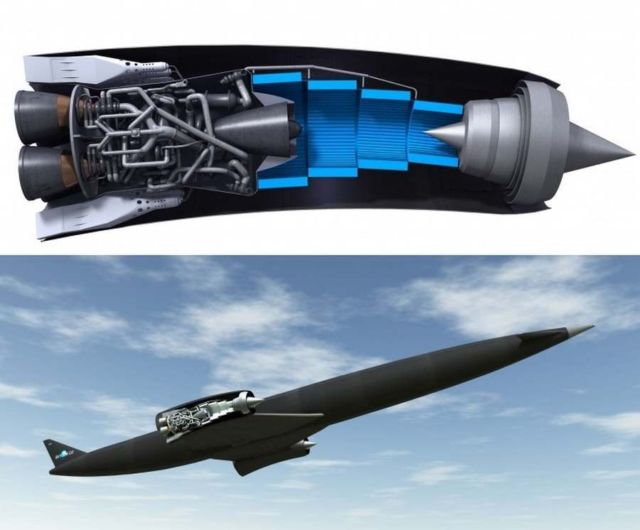
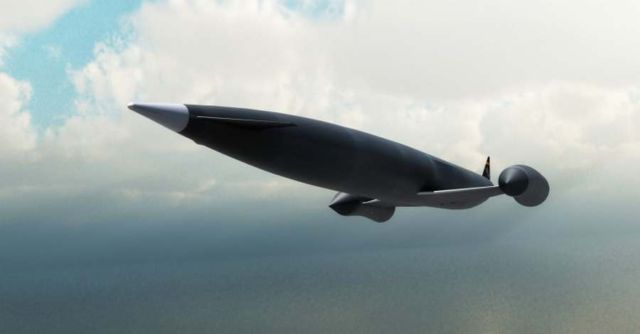
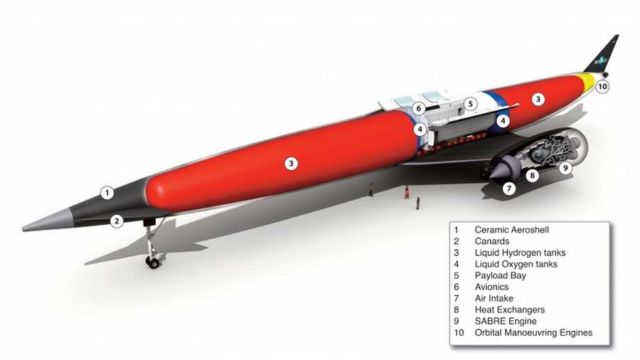

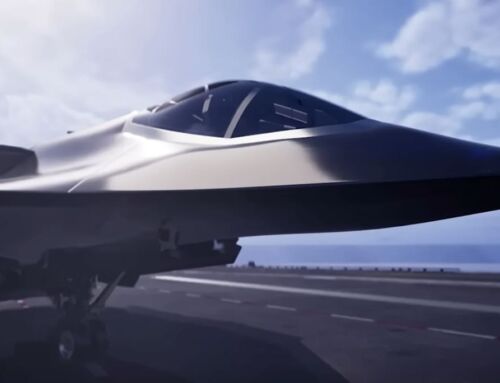
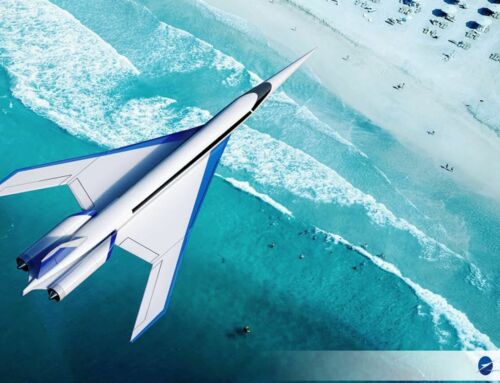
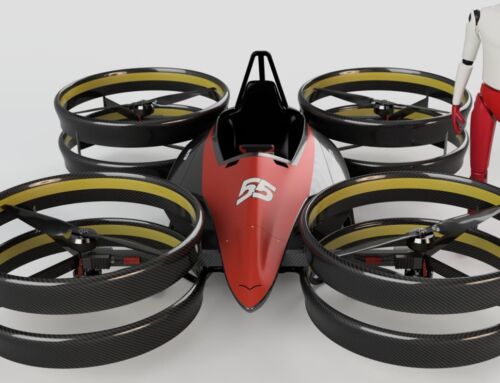
Leave A Comment